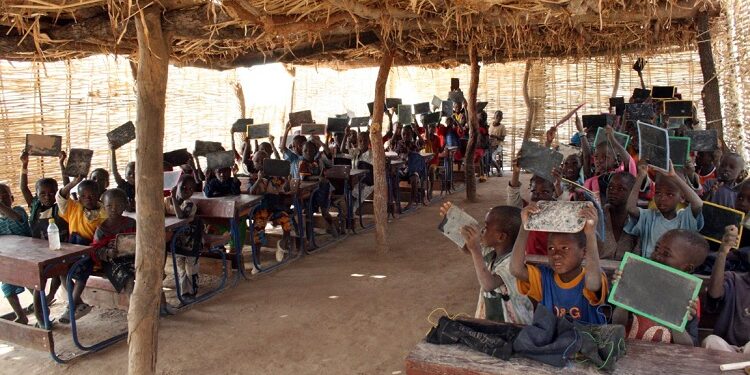Eduardo González
The People’s Party Parliamentary Group in Congress has asked the Government that “quality education, in equity and freedom” be “one of the fundamental axes of the future VI Master Plan for Spanish Cooperation.”
In a non-law Proposal presented on February 5 for debate in the International Development Cooperation Commission, the Popular Group recalls that the right to education “is a human and fundamental right that contributes to the personal and social development of the individual” and that “all societies” must “promote and assume it as the best tool for social advancement.” Likewise, remember that the Universal Declaration of Human Rights establishes that “everyone has the right to education, as it promotes understanding, tolerance and friendship among nations.”
Therefore, in the opinion of the PP, “it is vital that the international community protects, respects and promotes the right of all people to education, but, in the same way, it must be guaranteed that it is of quality, non-exclusive, accessible and equitable for all”. In the field of international cooperation, it continues, “education takes on an even more relevant meaning, since there is a great link between education and the achievement of peace, human rights and fundamental freedoms, international understanding, democracy and the rule of law”.
According to the PP Group, “Spain is a country committed to cooperation” and the Cooperation for Sustainable Development and Global Solidarity Law of 2023, “which is the result of joint work by all entities involved in cooperation,” considers “the promotion and support of education as a significant vector for the development of the receiving country.”
The PP motion regrets that, according to the latest report published by UNESCO, the number of out-of-school children worldwide has increased by six million since 2021, placing the new figure at 250 million children. “The Sub-Saharan Africa region alone accounts for 30% of all out-of-school children in the world,” it says. “These data show a clear stagnation in the global promotion of education, with a greater incidence in the countries of the Global South, which have been hit to a greater extent by the consequences of the COVID 19 pandemic and the digital divide,” it adds.
Regarding Latin America, the PP recalls that the latest OECD report warns about the importance of education in the economic development of the region in order to “create more and better formal jobs” in a region in which “almost 43 % of households have all their members working informally.”
“Currently, the preparation of the VI Master Plan for Spanish Cooperation is underway, which represents an opportunity to contribute to reversing this global trend,” highlights the PP Group. For this reason, the Non-Law Proposition urges the Government of Pedro Sánchez to “establish quality education, in equity and freedom as one of the fundamental axes of the future VI Master Plan of Spanish Cooperation, adjusting it to the specific situation and the main challenges of each associated country and adapting optimal resources for each one.”
Likewise, it asks the Executive to design “national plans to recover learning and reinforce lost basic skills, after the educational lag resulting from the COVID19 pandemic, with the aim of implementing effective measures” and to promote “STEM teachings (science, technology, engineering and mathematics) in countries associated with cooperation”, especially for girls and adolescents.





